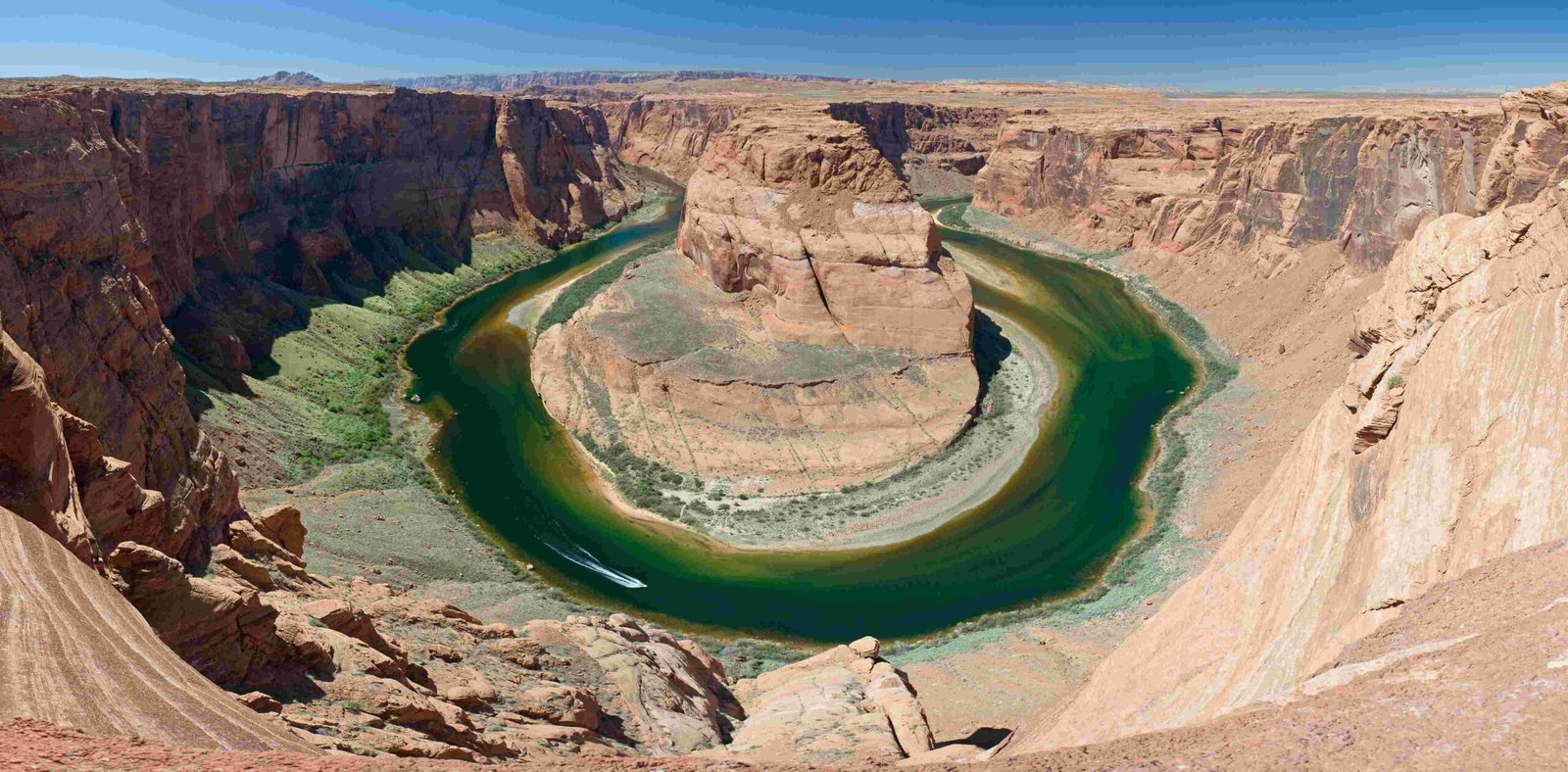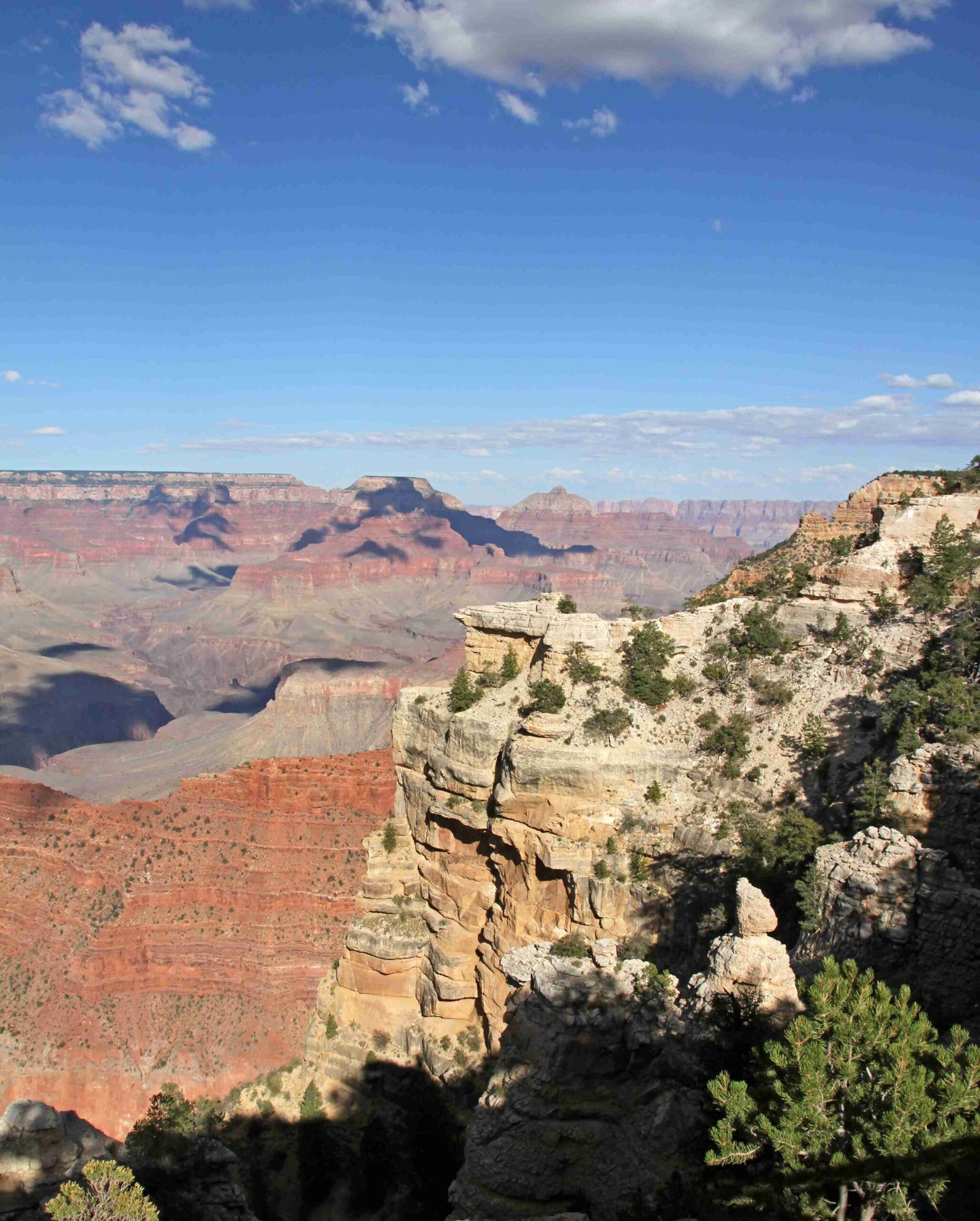The Colorado River is the primary waterway that flows through the Grand Canyon in Arizona, carving an extraordinary geological marvel over millions of years. This powerful river has sculpted one of the world’s most remarkable landscapes, revealing nearly 2 billion years of Earth’s geological history through its relentless erosive action.
What Makes the Colorado River Unique in Arizona?

The Colorado River represents more than just a water channel; it’s a dynamic geological sculptor that has transformed Arizona’s landscape. Its journey through the Grand Canyon is a testament to the power of natural forces.
How Did the Colorado River Shape the Grand Canyon?
Geological Erosion Process
- Erosion Rate: Approximately 3 centimeters per hundred years
- Total Canyon Depth: Up to 1 mile deep
- Canyon Width: Ranges from 4 to 18 miles
| Geological Feature | Characteristics |
|---|---|
| Rock Layers | 40 distinct layers |
| Age of Rocks | 1.7 billion years |
| Primary Rock Types | Limestone, Sandstone, Granite |
The river’s erosive power has been extraordinary, cutting through multiple rock layers and revealing a complex geological history. Its steep gradient and the Colorado Plateau’s uplift have been critical in creating this natural wonder.
What Wildlife Depends on the Colorado River?
The river supports a diverse ecosystem within the Grand Canyon:
- Fish Species
- Humpback Chub (Endangered)
- Razorback Sucker
-
Rainbow Trout
-
Bird Populations
- Peregrine Falcon
- Bald Eagle
-
California Condor
-
Mammalian Inhabitants
- Bighorn Sheep
- Coyotes
- Mountain Lions
How Do Humans Interact with the Colorado River?
Recreational Activities
- Whitewater Rafting
- Fishing
- Scientific Research
- Photography
- Ecological Studies
Conservation Challenges
- Water Management
- Endangered Species Protection
- Climate Change Impact
- Sustainable Resource Utilization
What Are the River’s Hydrological Characteristics?
The Colorado River’s flow is complex and regulated:
– Average Annual Discharge: 15.0 million acre-feet
– Length: 1,450 miles
– Primary Source: Rocky Mountain Snowmelt
– Major Dams: Glen Canyon, Hoover Dam
Why Is the Colorado River Crucial for Arizona?
- Water Supply
- Hydroelectric Power
- Agricultural Irrigation
- Ecological Preservation
- Tourism and Recreation
Conclusion

The Colorado River remains a dynamic, life-sustaining force that has shaped Arizona’s landscape, supporting diverse ecosystems and human activities while continuing to reveal Earth’s geological secrets.
References:
Note: This comprehensive exploration highlights the Colorado River’s significance beyond mere water transportation, emphasizing its role as a geological architect of Arizona’s most iconic landscape.

